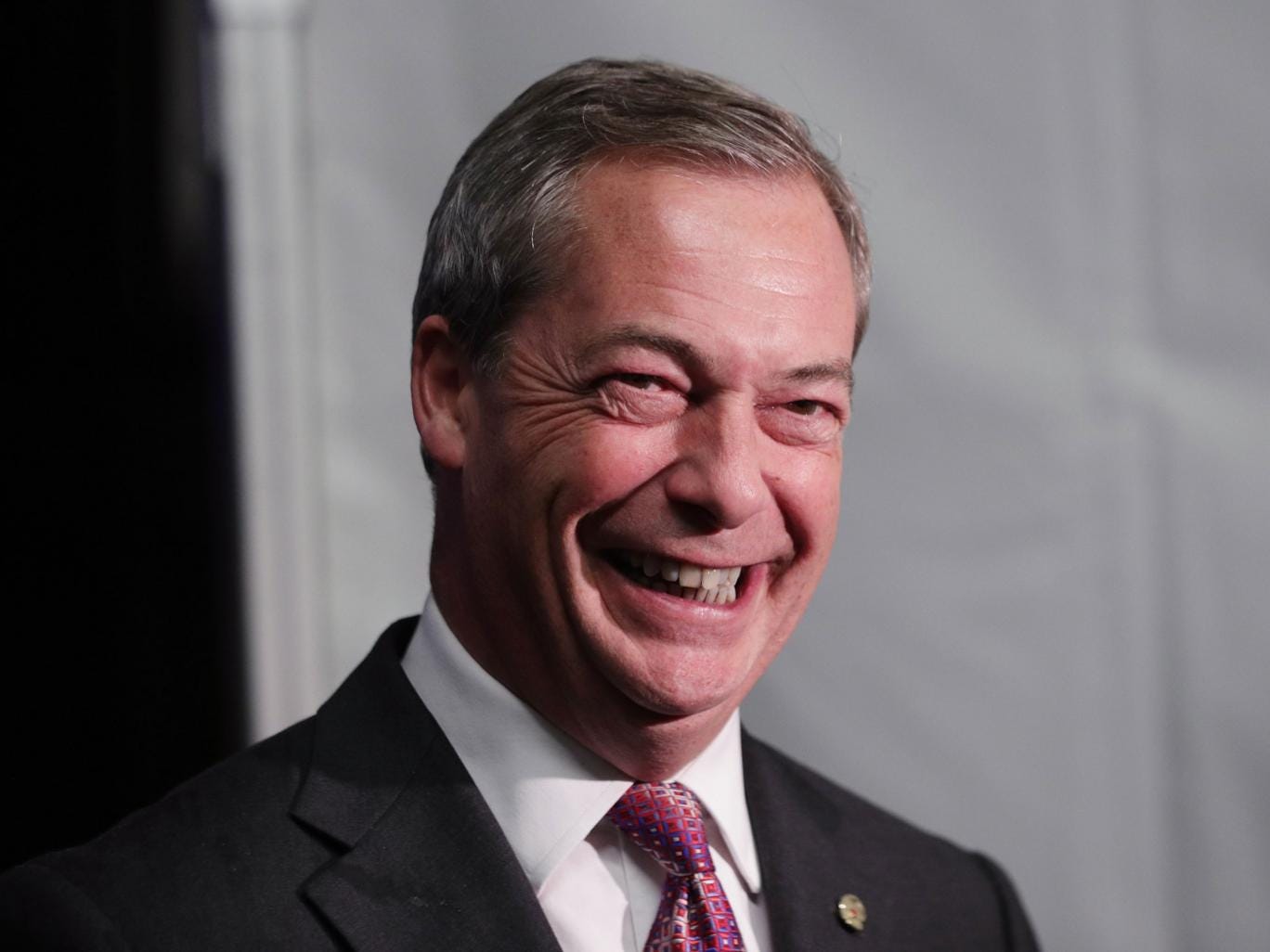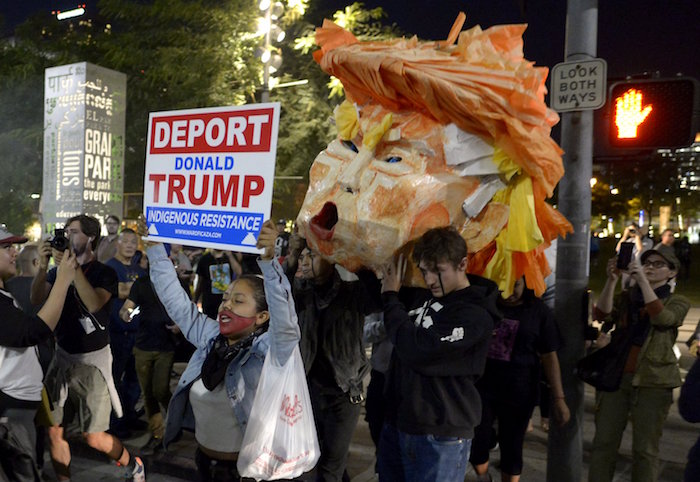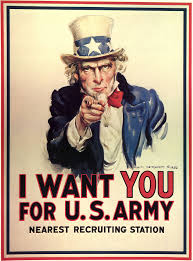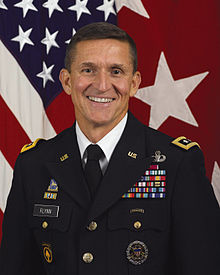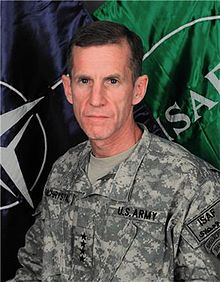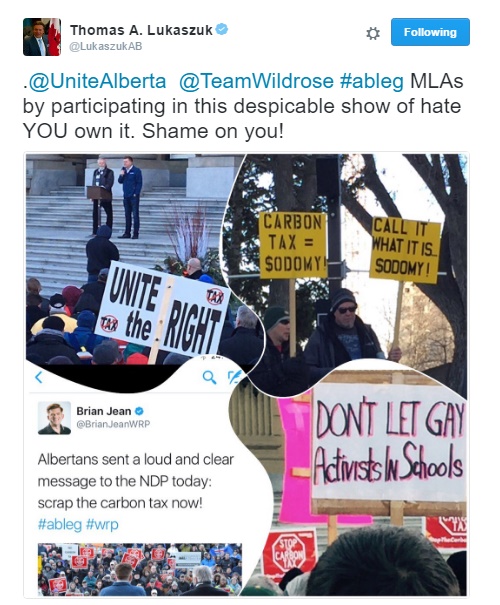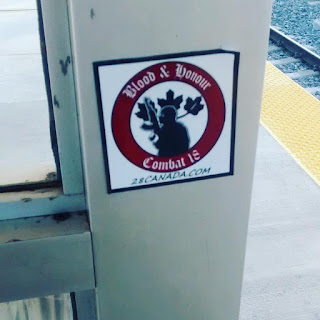November 27, 2016
THIS IS WHAT DEMOCRACY LOOKS LIKEA few questions linger after these elections. Such as: is the new US president a psychopath or is he a sociopath?
Whatever the correct diagnosis may be, it can’t be denied that his election testifies to a considerable increase of discontent, disaffection and anxiety in a broad swath of the American population. Trump won, by adding to the traditional Republican votes, those of many in the white working class, who in previous elections voted for Obama or not at all. Let’s not exaggerate his appeal: only a quarter of the eligible voters voted for him; his opponent in fact got at least a million votes more than him but, as you know, he won in the Electoral College. ‘That’s what democracy looks like’, as protesters (unintentionally ironically) shout in American streets, while they’re being chased by the armed protectors of the democratic state.
There are good reasons for discontent, disaffection and anxiety in the American working class. Because of the sharp competition on the global labor market and the unstoppable march of automation, more and more people are unsure whether they will have a job tomorrow, and in what conditions. Hidden unemployment is rampant. The gap between rich and poor grows. Around the world, wars and poverty create an endless stream of refugees. Climate disasters become worse and more frequent. And it won’t get better any time soon. According to a recent study, poverty and insecurity will increase sharply in the US in the coming years. [1]
One would think that this would make fertile ground for the left. But it is the right that conquers the imagination of the masses. The right, in an anti-elitist disguise. Of course, Trump did not appeal to the working class alone. He made sure to make enough reactionary promises to satisfy the core voting blocs of the Republican party, and enough assurances to the owners of capital (the stock market went up after his election). His authoritarian appeal cut across class divisions. Rampant anxiety and worries about globalization are not limited to the working class. The influx of migrants (which is the result of the poverty and disintegration that capitalism creates), terrorism (which is part of the wars capitalism generates), the rise of chaos and despair generated by this system in crisis, create fears that are fanned and exploited by politicians like Trump. In times of great confusion, decisiveness becomes very appealing to many. Decisive leaders rise to the top, because their belief is so strong that it inspires trust. But as the writer Kurt Vonnegut pointed out, these decisive leaders, “unlike normal people, are never filled with doubts, for the simple reason that they don’t care what happens next.” That explains the success of madmen like Trump, Erdogan, Duterte, Orban and so on. Of course, Trump cares what happens next. He cares what happens next to Trump, but not what happens to you and me.
But to extend his appeal to the working class, his anti-elitist stance was essential. “This is not just a campaign”, Trump repeated over and over, “it is a movement. It is a revolt against the elite. We’ll drain the swamp in Washington”. Never mind that he himself is a proud member of the 1%, even of the 0,001%. So much the better, because it means “I know the system better than anyone;” as he often proclaimed, “that makes me into the only one who can fix it”. But he stood outside of it, so he proved with his language and attitude. He insulted the party bosses, he was rude, unpolished in a calculated way. Trump successfully framed the elections as a choice between an anti-politician and a paragon of the power-structure, between a real person and a professional liar, between change and continuity. In this election, almost all the flaws of the winner worked to his advantage. His lack of political experience, his limited knowledge, his crudeness, his prejudices, his boasting, his aggressiveness, his sexism and racism, his unfiltered emotional outbursts, his chilly relation with his party-leaders, his political uncorrectness, it all heightened the contrast with Clinton, that polished product of the Washington establishment, supported by Wall Street, by most of the media, by the movie and music stars, by the experts and most generals, by the trade unions and scores of other institutions.
The bulk of the American left supported Clinton as well, led by Bernie Sanders, Elizabeth Warren and Michael Moore. Many were motivated by their revulsion of Trump’s sexism and racism. Still, it was remarkable how arduously the left campaigned for the candidate of Wall Street. Some on the left even uncritically circulated Democratic propaganda “proving” that, contrary to Trump’s claims, Americans never had it so good. Which alienated them even more from those who, in their own life, experienced something else.
Yet the same left helped to prepare the way for Trump. For many years, the unions have been saying that the root of all problems is not capitalism but unfair foreign competition. Opposition to trade-agreements was the main theme of Sanders, as it was for Trump. No wonder almost a fifth of those who voted for Sanders in the primaries later chose Trump. Sanders’ message, just as much as Trump’s, was “America First”. Let’s keep our factories to ourselves. Despite all their differences, Trump and Sanders share an essentially capitalist, nationalist vision, based on the conflict of interest between “our” capital and theirs. [2]
It may have been that Sanders would have won if he would have been Trump’s opponent. His angry tone, his unpolished demeanor, his message of “change” might have fared better than Clinton’s promise to keep up the good work. But, despite the fact that Sanders would have been as little a threat to capital as Tsipras in Greece, the time for a left wing president in the US had not yet arrived. There were no mass movements to contain, no mood of class revolt to be calmed. The Democratic machine felt sure that the center would hold.
Trump’s triumph sowed panic in the left. “It’s the end of an era!” “Within a year, America will be a smoldering ruin!” “It won’t take six months before he starts a war!” and other dire warnings circulated wildly on ‘social media’. Even a pro-revolutionary group like the Marxist Humanist Initiative was caught up in the anti-Trump hysteria. “The whole world has been turned upside down”, it proclaimed on its website, exhorting its readers to fight, not against capitalism but against “Trumpism”.
Let’s take a deep breath.
Trump made a lot of promises. To the working class, he promised to bring back “the good jobs”; stable, well paid employment “like it used to be”. He promised good times, not just in the metropoles of the East and West coasts, where economic conditions have somewhat improved, but in the rust belt, in the vast areas of the country were the prospects of working people are somber. How is he going to do that? By scrapping trade-agreements, raising tariffs, deporting undocumented immigrants and launching infrastructural projects such as his famous wall on the border with Mexico. Indeed, a distasteful recipe. But will the soup be as hot when it’s eaten as when it was served during the campaign?
The president of the US is a powerful person and yet also nothing more than a cog in a machine. He can’t change the inherent dynamic of the machine. That’s why globalization and automation will continue under president Trump as well. Capital seeks profit. That is the ground principle that every manager of capital must heed. Globalization and automation are the means to increase profits in our times. But they also bring capitalism’s crisis to the fore: its productive capacity outruns its capacity to consume productively, its drive to lower labor costs tendentially reduces the source of its profit: the exploitation of labor power. Crisis is the result, as well in the form of sudden collapses with paralyzing effects as through a slowly creeping erosion of value, including the value of workers. With devastating effects. No wonder there is nostalgia, and not just in the working class, for a time when globalization and automation were not yet buzz words, for those prosperous post- world war decades, which Trump so skillfully exploited.
This also means that it will become quickly clear that Trump’s promises are nothing more than cynical lies. The “good jobs” he promised to coal miners, auto workers and steel workers, are not coming back. There is more steel being produced in the US than ever, but with only a small fraction of the work force than before. There’s no turning back. Neither will the undocumented immigrants disappear. They are too valuable as a cheap labor source. Who else will wash the windows of Trump tower or mow the grass of his golf courses or make the beds in his hotels for a measly wage? Even his great wall will probably never be built.
What promises will he keep? Even under the unlikely assumption that he meant everything he said during the campaign, his dependence on the Republican establishment, dominant in Congress, would prevent him from major deviations from the bipartisan common course, such as pulling out of NATO, scrapping NAFTA, or becoming too cozy with Russia.
Some lesser changes are possible of course. He may resist new free trade-agreements. He may cut a deal with Russia on Syria and may become more confrontational with China. He may weaken the already very weak measures taken on climate change. When he scraps TPP and takes measures to boost domestic manufacturing, the left will be in the embarrassing position of having to applaud him.
Trump, Sanders and Clinton all promised a major increase of spending on infrastructure. Trump also promised tax cuts, especially to the rich. This means a continuation, even an increase, of budget deficits. It shows capitalism has nothing new to offer to address its crisis. More debt will be piled on the existing ones, the can will be kicked down the road. A new “great recession” is probably not far away.
It seems likely that there will be a lot of turmoil in both major American parties. To the degree Trump would stray from the Republican mainstream, conflicts within the party would multiply. The Democrats will be divided as well, like the Labour Party in the UK: its left wing, unrestrained by governmental responsibility, will feel free to “radicalize” in an attempt to shore up its image. Others, the more “moderates”, will see an opportunity in the rightward swing of the Republicans to occupy the center and reconquer power.
Demonizing Trump will be one of the ways in which the left will put on a radical face. Some of them are comparing Trump to Hitler, warning that this could be the last election in the US, like Hitler’s was the last one in Germany. But Trump is no Hitler. Not even a Mussolini, although his facial expressions sometimes bear an uncanny resemblance to those of Il Duce. There will be more elections. Trump is a democrat, and we don’t mean that as a compliment. Democracy is the most fitting form of government for a developed capitalist society.
A better comparison would be Andrew Jackson, the US president from 1829 to 1837, which also was a time of great turmoil. Jackson, aka “Old Hickory,” campaigned as the embodiment of the backwoodsman “cracker” spirit, as his critics put it, even though by the time he was elected he had become a slave-owning planter just like the wealthy elites who had bamboozled or bullied so many freeholders out of their small plots. He lacked “statesmanlike qualities” but the fact that “Jackson did not look or act like a conventional politician was a fundamental part of his appeal”, the historian Nancy Isenberg writes [3]. “He was boastful and overbearing, not “a government minion or a pampered courtier,” an outsider who promised to clean up Washington corruption by the bluntest methods available. As one of his enemies wrote, “boisterous in ordinary conversation, he makes up in oaths what he lacks in arguments.” He was “quick to resent any who disagreed with him,” and “eschewed reasoned debate in favor of challenging his opponents to duels”.
Sounds familiar?
Just like Trump he was anti-political correct, a megalomaniac, crude and aggressive. Like Trump, he won thanks to the support of white working class voters. Like Trump, he was generous with populist promises which he neither could nor wanted to fulfill.
To keep the support of his working class voters when it became clear that he had sold them out, Jackson needed an enemy, an “other” to scapegoat, to unite the country against. The victims at hand were the native Americans, those “barbarians”. His brutal Native American removal policy, in which thousands died, made him popular again.
It is not too far-fetched to expect Trump to choose the same tactic when the emptiness of his promises becomes clear. There are plenty of potential targets to canalize the frustrations to, as Trump already demonstrated during the election campaign. It remains to be seen which one becomes Trump’s favorite enemy. And it remains to be seen whether the Jackson tactic will work today.
Trump’s success is not a uniquely American phenomenon. But his victory encourages brutal leaders around the world and gives wind in the sails to right wing populists in Europe and elsewhere, who ride the same wave of anxiety and discontent. Meanwhile, the left in power, ranging from the “socialist” Hollande in France to Tsipras in Greece and Maduro in Venezuela, amply prove that they have no solutions either for the cataclysms generated by capitalism’s crisis.
How worrisome is this rightward swing?
It is not the lack of success of the left that is worrisome, but the lack of real resistance where it counts: in the work places, the schools, the streets.
The capitalist class keeps us mesmerized by its awesome battles between left and right and center, by the spectacle of democracy. This year: more gripping than ever! You can’t look away! Every vote counts! Regardless of the outcome, the elections were “a great teaching moment”, as Obama said. A great propaganda campaign for democracy, which reduces the possibility of real change to the ballot box, which can only produce different managers of capitalism, but never end capitalism, while capitalism is the root of the problems which those managers pretend they will resolve.
Real change can only come from resistance to capitalism, from refusing its logic. This decade started hopefully, with the Arab Spring, the strike waves in Asia, in Greece and in France, the movements of the indignados and Occupy…. Despite their weaknesses, they testified to a growing belief in the possibility of an alternative to the horrible, insane world we live in. The tide was turned through outright repression, and the whole toolbox of capitalist propaganda: nationalism, ethnic pride, religion, racism, democracy and fear. The very effects of capitalism (war, poverty and the resulting rising stream of refugees) proved helpful in making people accept the strengthening of the capitalist state.
Poverty, wars, dislocation, massive migration will continue, since they are the logical outcome of the inherent dynamic of capitalism. But that they would continue to be as useful to divide the exploited and the oppressed, is not a given. History does not follow a straight course. We may be “in the calm before the storm”, in which the will to survive will overcome the divisions created among us. It’s not a certainty. But it’s a possibility.
INTERNATIONALIST PERSPECTIVE
Notes
[1] See: . http://www.cbsnews.com/news/80-percent- ... y-finds/2/
[2] Similarly, “Occupy Wall Street”, that is the leftists who still use the name of the movement, even though it is a mantle on a corpse, devoted at least 95% of its mailings in the past years to opposition to the TPP free trade-agreement.
[3] Nancy Isenberg: WHITE TRASH: The 400-Year Untold History of Class in America, Viking 2016


